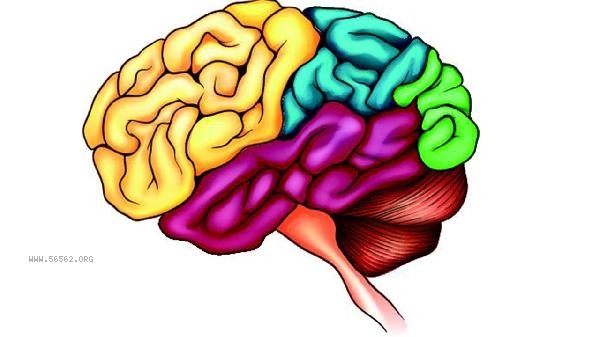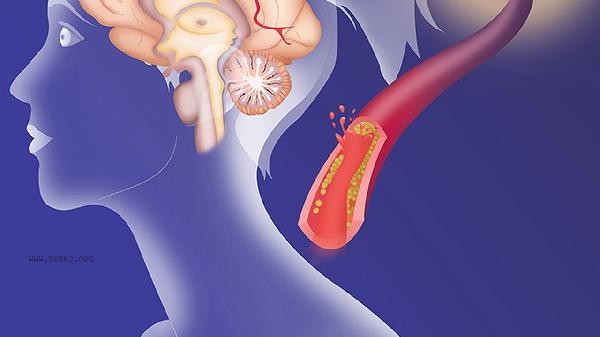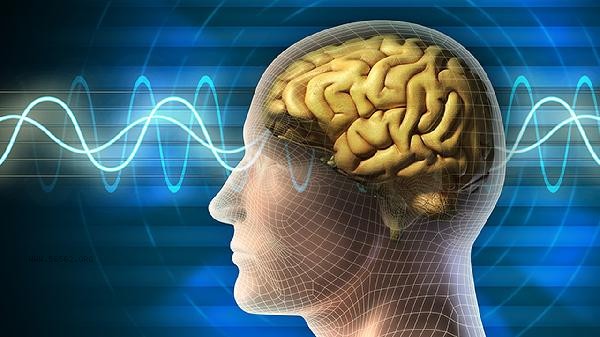Slow brain response can be improved by adjusting daily routines, supplementing nutrition, moderate exercise, cognitive training, and psychological regulation. Long term overuse of the brain, lack of sleep, malnutrition, lack of exercise, or chronic stress can all lead to temporary decline in brain function.

1. Adjusting daily routine
Maintaining regular sleep is the foundation for improving brain response speed. Adults require 7 to 9 hours of deep sleep per day, and lack of sleep can directly affect the function of the prefrontal cortex, leading to scattered attention and delayed thinking. It is recommended to set a fixed bedtime and avoid using electronic devices before bedtime. If necessary, a short nap can be taken to replenish energy.
2. Supplementing nutrition
Omega-3 fatty acids, B vitamins, and antioxidants play an important role in nerve conduction. Moderate intake of foods such as deep-sea fish, nuts, and dark vegetables can be increased. Avoid blood sugar fluctuations caused by high sugar and high-fat diets, which can lead to unstable energy supply to the brain.
3. Moderate exercise
Engaging in aerobic exercise 3 to 5 times a week can promote the secretion of brain-derived neurotrophic factor. Moderate intensity exercises such as brisk walking and swimming can enhance the function of the hippocampus and improve information processing speed. The endorphins produced after exercise can also alleviate brain fatigue.

4. Cognitive training
can stimulate neuronal synaptic connections through speed reading exercises, memory games, or learning new skills. Daily 15 minute concentration training, such as mindfulness meditation or Schulte grid exercises, can significantly enhance the brain's sensitivity to external stimuli.
5. Psychological regulation
Long term anxiety can excessively consume cognitive resources in the brain. Using methods such as abdominal breathing and progressive muscle relaxation to reduce cortisol levels. Establish reasonable expectations, decompose complex tasks into phased small goals, and avoid the inhibitory effect of sustained high pressure on the brain. Improving brain response requires multidimensional collaborative intervention. In addition to the above methods, it is recommended to reduce continuous brain use time, rest for 5 minutes every 45 minutes, and apply hot compress to the eyes to promote blood circulation when excessive eye use occurs. Daily consumption of foods rich in flavonoids such as blueberries and dark chocolate can be appropriate, but attention should be paid to controlling caffeine intake. If the symptoms persist for more than 2 months or are accompanied by significant memory loss, it is recommended to undergo professional neuropsychological assessment.









Comments (0)
Leave a Comment
No comments yet
Be the first to share your thoughts!